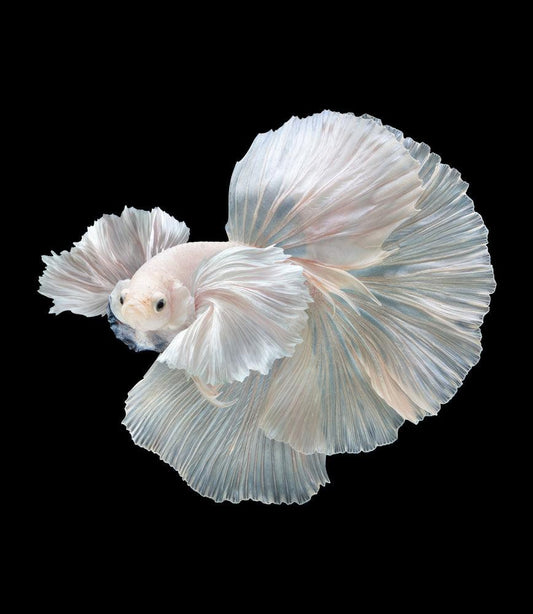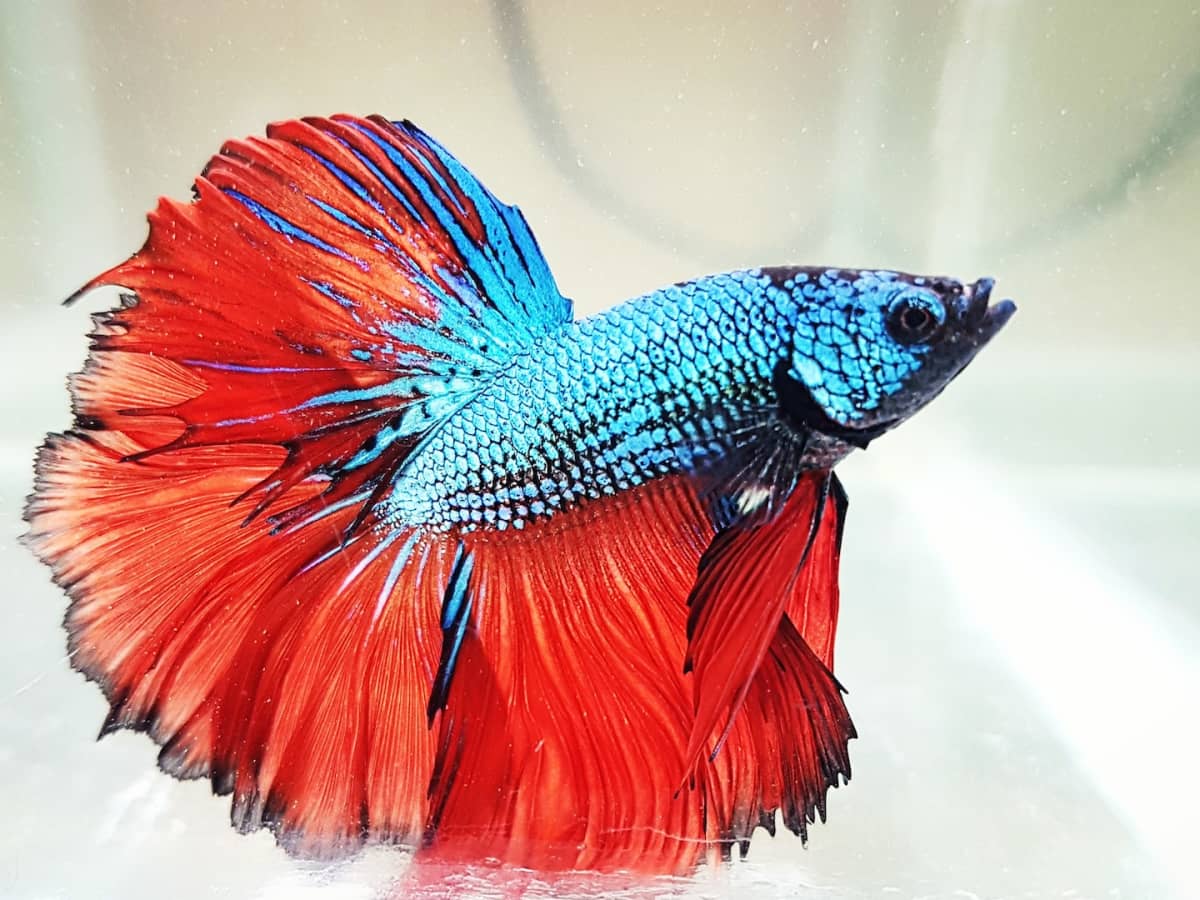How to Pick the Right Betta Fish for Your Fish tank
How to Pick the Right Betta Fish for Your Fish tank
Blog Article
The Ultimate Overview to Betta Fish Care: Crucial Tips for Keeping a Healthy and Growing Aquarium Environment
Efficient Betta fish care necessitates a detailed understanding of their distinct environmental and physical needs. Establishing an appropriate aquarium starts with choosing the right storage tank dimension and ensuring optimal water problems, which are critical for the wellness and health of your Betta.
Choosing the Right Tank
Selecting the ideal tank for your Betta fish is vital to ensuring its health and well-being. Bettas flourish in environments that resemble their all-natural environments, which usually contain calmness, cozy waters. A container dimension of at least 5 gallons is advised to supply ample swimming room, as smaller sized storage tanks can result in anxiety and health and wellness problems for these dynamic fish.
When selecting a tank, think about the storage tank's form and purification system. A rectangular tank is more suitable to a dish, as it provides extra surface for oxygen exchange. Additionally, a dependable filtration system is necessary to maintain water quality and decrease the regularity of water adjustments (betta fish). Nonetheless, it is very important to choose a filter with a mild flow, as Bettas are not solid swimmers and might have a hard time against solid currents.
Temperature level regulation is another essential element; Bettas favor water temperatures between 76 ° F and 82 ° F. Investing in a good heating system will guarantee that the water continues to be within this array, advertising a healthy and balanced and energetic way of living for your Betta. Finally, supplying suitable container decorations and concealing spots will certainly assist lower anxiety and encourage all-natural habits, better boosting your Betta's health.
Maintaining Water Quality
Preserving optimum water high quality is crucial for the health and wellness and long life of Betta fish. This calls for regular monitoring of different specifications, including temperature, pH, ammonia, nitrite, and nitrate levels. Bettas prosper in temperatures in between 76 ° F and 82 ° F, so maintaining a stable temperature level is important. Sudden variations can result in anxiety and health problem.
Routine screening utilizing a reputable water testing package can aid guarantee these criteria remain within the suitable varieties. Ammonia and nitrite levels must always be at 0 ppm, as also low concentrations can be toxic to Betta fish.
Regular water changes are essential to preserving water quality. Additionally, incorporating a robust filtering system can help in preserving water clarity and quality, supplying a much healthier environment for your Betta fish.
Suitable Feeding Practices
Offering a balanced diet is critical for the health and vivid coloration of Betta fish, as their nutritional demands play a substantial role in their total health. Betta fish are carnivorous by nature, requiring a diet regimen high in healthy protein. A mix of high-quality pellets, icy or live foods such as bloodworms, salt water shrimp, and daphnia can offer the important nutrients they need.
Feed your Betta fish two to three times a day, supplying just what they can consume within 2 to three mins to avoid overfeeding and preserve water high quality. Overfeeding can result in weight problems and health problems, consisting of swim bladder condition. It is necessary to check their nutritional consumption and readjust portion sizes as necessary.
In enhancement to healthy protein, a balanced diet regimen should include vitamins and minerals to promote optimum wellness. Take into consideration supplementing their diet regimen with high-quality flakes or pellets especially developed for Betta fish, as these typically include essential additives.

Creating an Appropriate Environment

Water high quality is extremely important; preserve a temperature level between 76 ° F and 82 ° F, and guarantee the pH level varies from 6 - betta fish.5 to 7.5. Regular water modifications of 25-50% per week will aid keep toxic substances away and guarantee a stable atmosphere
Integrating plants and concealing areas is important, as Betta fish are normally territorial and delight in having locations to discover and pull away. Live or silk plants, along with caverns and ornaments, can develop a stimulating setting.

Normal Health And Wellness Checkups
Carrying out regular health and wellness appointments is vital for making certain the health of Betta fish, as early discovery of prospective issues can stop severe health issue. These check-ups should incorporate an extensive examination of the fish's physical problem, actions, and discover this environmental aspects.
Begin by observing the Betta fish for any signs of distress, such as sleepiness, anorexia nervosa, or uncommon swimming patterns. In addition, check the fins and body for indicators of staining, lesions, or this post fin rot, which can suggest infections or bloodsuckers. On a regular basis checking the water top quality in the aquarium is similarly critical; criteria such as pH, ammonia, nitrite, and nitrate degrees need to be preserved within optimum arrays to avoid tension and health problem.
Furthermore, think about keeping a log of health observations and water quality examinations. This document can assist in the recognition of patterns or repeating problems. If any abnormalities are detected throughout the appointment, it is necessary to speak with a vet experienced in aquatic pets. Timely treatment can make a significant distinction in the healing of your Betta fish, making sure a long and healthy life in a well-maintained aquarium environment.
Verdict
Finally, successful Betta fish care hinges on developing and maintaining an optimal aquarium environment. Key variables include choosing a suitably sized storage tank, guaranteeing constant water high quality, sticking to excellent feeding practices, and making an environment that decreases stress. Routine health check-ups are vital official source for very early detection of prospective concerns. By complying with these standards, aquarists can advertise the well-being and vibrancy of Betta fish, ultimately resulting in a prospering aquatic community.
Report this page